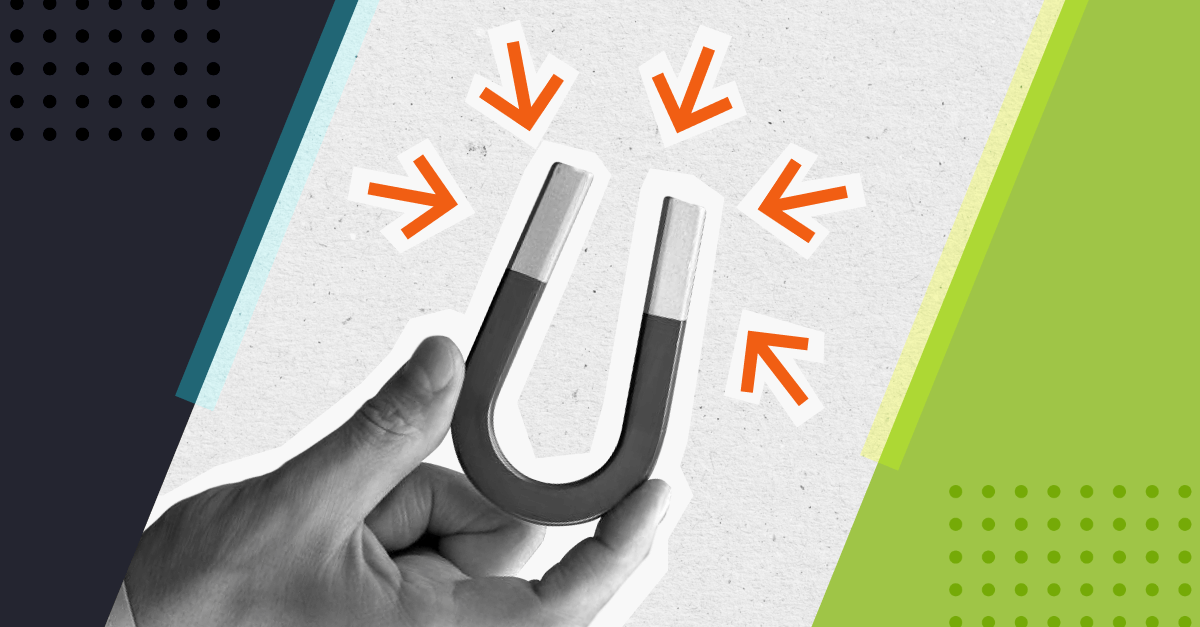
Picture me as an art student half-way through a still life class. I'm focussed on the drawing. I'm frowning and fussing - erasing and redrawing the same area of the page over and over.
I'm totally over-invested in the minutiae.
And, every week, as the tutor paces the room, he invariably pauses behind me and says something along the lines of...
"Stop focusing on (insert detail here), Maddy.
You haven’t even tried to draw the figure yet. You’ll run out of time. Approximate, gesture, block. Spit it out. Give us some indication there’s an object in front of you!"
Looking back, they were right.
I always ran out of time. And then I’d be left with a very accurate, very detailed sketch of an apple pip. Or the edge of a stranger’s armpit. Not all that useful, right?
Sometimes, it can be hard to take an objective view when you’re so passionate about your work and feel committed to reaching perfection. But knowing when to wrap up is an important part of any creative process.
So when it comes to content writing, how do you prevent your perfectionism from harming productivity?
Take note from my unyielding lessons:
Break projects up
Setting small internal deadlines helps you to:
a) visualise how much work you’ve completed
b) establish which areas you still need to work on
This works particularly well when faced with teamwork, but it is also good practice for solo work, like copywriting.
Splitting your project into separate tasks can help make the workload feel less daunting. Your research, introduction, body, conclusion, search engine optimisation and editing are all separate tasks, so treat them as such.
For example, if you've been wracking your brain and really can't think of a good title, switch things up and start browsing for the perfect image. You might see something that prompts a little 'eureka!' moment.
Overall, a to-do list helps prioritise your activities and enforce structure.
Set small manageable goals and plough on. Just make sure you don’t ever lose sight of the big picture.
Power hour
Speed drawing is a popular creative exercise, and I think it translates well to this topic. It is self-explanatory: you agree a time limit, an alarm is set, and when the time is up, you have to move on.
It's an exercise in experimentation, expression and letting things go.
Note that this is a warm-up activity, not a work ethos. But it forces you to break your focal point into its simplest, quickest form. This refinement can be helpful when you need to snap yourself out of a productivity slump.
The idea is to stop yourself being so protective of your project. By becoming less precious, you're freed from the shackles of perfectionism and greeted by momentum and new ideas.
If you've come to a halt while writing that blog at the top of your to-do list, why not set yourself the goal of powering through one small section of it? Just on one paragraph.
Or even simpler, go back to basics and take 10 minutes to brainstorm your title, keywords and core points. Think of it as flexing. You could even test it on something completely separate, just to get those creatives juices flowing again.
Working with a timer can help add that little extra pressure that shakes you into action.
Ask for feedback
Ask for feedback as you go. As an enthusiastic writer, it's easy to veer off your path, but a second pair of eyes can put you right back on track.
This is especially important for B2B content writing. If you are creating content with a specific audience in mind. It's important to maintain a specific tone of voice, language and style while delivering your message.
Having an aversion to sharing ‘rough’ work will go against you if you're working in a team.
In order to learn and improve as writers, we need to be open to constructive criticism, so share your progress and accept a helping hand sometimes.
Practice acceptance
It's important to recognise good progress. Don’t beat yourself up over what hasn't worked, instead, put things into perspective and find a way to move forward.
Making mistakes is part of any creative process. Accept this and don't let it hinder your output. You always have the potential to do better.
Take breaks
Go for a walk. Have a chat. Nap. What you do in your break doesn't matter.
If you’re crossing out more than you’re putting down, do yourself a favour and take a step away from the screen. Ten minutes out could see you return with renewed focus and vigour. A fresh eyes can totally transform a piece of work.
It has been proven that we work most productively in blocks of 52 minutes, with 17 minute breaks. So that could be a good starting point for you.
Power-up
We all have our own deadline crisis reward systems (chocolate, coffee anyone?).
You're not a robot. It's okay for your productivity levels to work in rhythmic cycles. But there's a fine line between rewarding yourself and distracting yourself.
If you want to use small power-ups - like breaks - make loose arrangements (how many and how long) before you start and don’t treat yourself too early.
This will help you to recognise avoidant behaviour. Procrastination is the enemy.
Pat yourself on the back
When morale is low, why not have a look through what you’ve achieved so far? As you near a deadline and begin to flag, it can be reassuring to remind yourself what you are capable of.
If you can't find inspiration in yourself, return to references from the beginning of your project. What were your aspirations?
Rediscovering your original goals can help carry you through the dreaded writer's block.
Everybody has their own way of pushing through a slump. There's no definitive answer to improving productivity. But if you're struggling, hopefully trying out one of these tips can help to pull you through yours.



